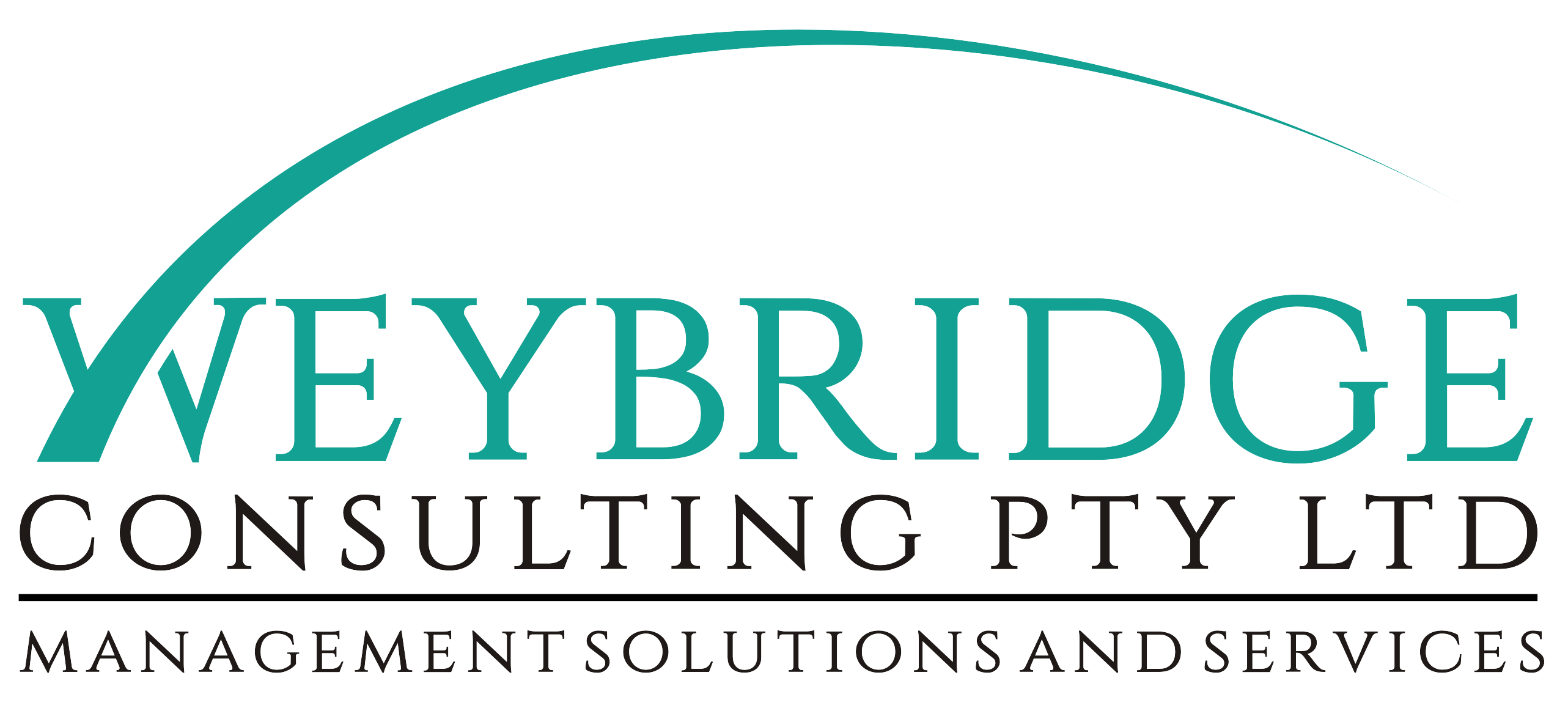CASE STUDY 2 –MANAGING RISK
Our Client had operated a Residential Real Estate Agency for 20 years and had organically grown both the Sales and Rental division over that time.
They were approached to purchase a sizeable rental portfolio which was predominately situated in their territory. The portfolio had been put together over a number of years by acquisition and housed in one Company structure. The Company was then on sold to the current Vendor.
The asking price for the portfolio was low compared to the current market. The income per property and let fees per property were also low compared to the Client’s current portfolio in similar suburbs.

Our Client could see the upside in the purchase and asked that Weybridge business consulting proceed to negotiate a Heads of Agreement. We advised the Client to only buy the portfolio and not the Company.
Weybridge’s Role
During the negotiations the Clawback period became a sticking point – the Vendor’s preference for 10% retention for a period of 4 months was a long way from our Client’s preference of 20% retention for a period of 12 months. The low retention and short Clawback period raised concerns regarding the quality of the portfolio and the portability of the management agreements. It was tempting to walk away from the opportunity.
We suggested that as a compromise the Client agree to the Vendor’s preference for the Retention/Clawback period but stipulate that due diligence would be 100% of the files not the usual 10%.
The Client would only settle for properties where “an assignable management agreement was evident on file”.
On this basis Weybridge undertook the due diligence check of 100% of the files. As expected there was a high error rate in the veracity of the management agreements, and due to the age of the portfolio, a high percentage did not have enforceable assignment clauses – 38%. No attention had been given to these matters in previous sales as the “owner” of the portfolio had not changed only the shareholding of the Company which owned the portfolio. There would be a need to assign dedicated administration resources to correct the management agreements during the clawback period and a willingness to work with the Vendor’s staff to achieve maximum Landlord buy in.
It was also clear from the due diligence that the upside in revenue from the portfolio was far greater than could have been anticipated which would negate the cost of getting the paperwork right.
The key to this acquisition achieving it’s potential for the purchaser was the right staff with the right application and positive attitude, working in a collaborative way with the Vendor’s staff.
Our Client decided to proceed with the transaction. The Contract of Sale was specific in it’s requirement that both parties would work together to ensure a maximum of new management agreements be obtained prior to the end of the clawback period.
At this point, Weybridge’s involvement in the transaction would usually be quarantined to arranging finance, settlement documentation and effecting settlement. However, in this instance, with several settlements staged through the clawback period to facilitate payment for new assignable management agreements, Weybridge remained involved as a conduit between the Vendor and Purchaser’s staff to ensure maximum retention of properties and maximum return of new assignable management agreements.
Outcome
The result was a WIN for both our Client and the Vendor. Only 1.23% of properties did not have an assignable management agreement at the end of the Clawback period and only 4% of managements were lost and subject to Clawback.
The 10% retention fund was more than sufficient to cover Clawback due to the close oversight and effective management of the transaction by Weybridge.
